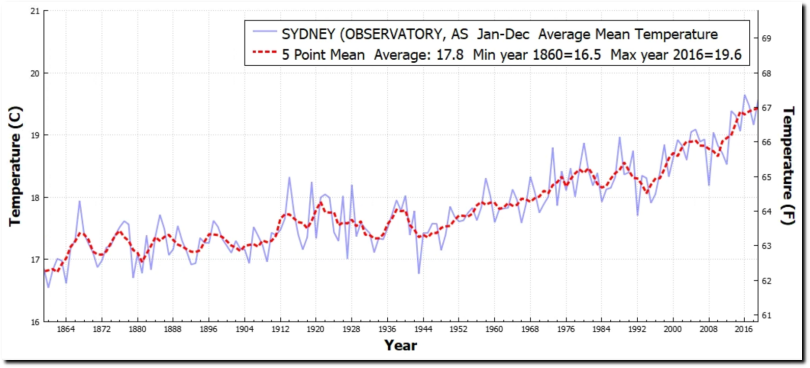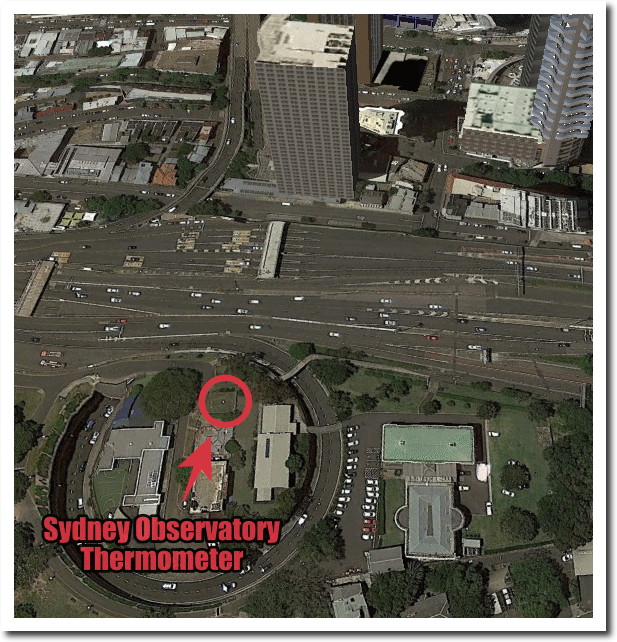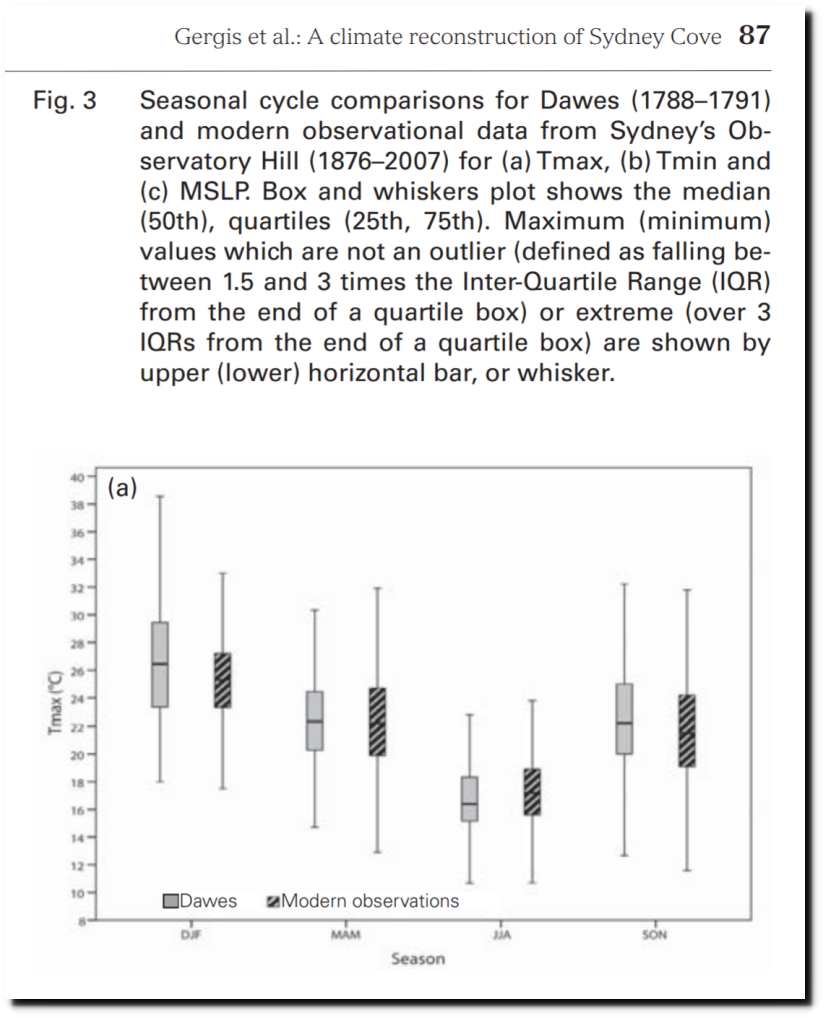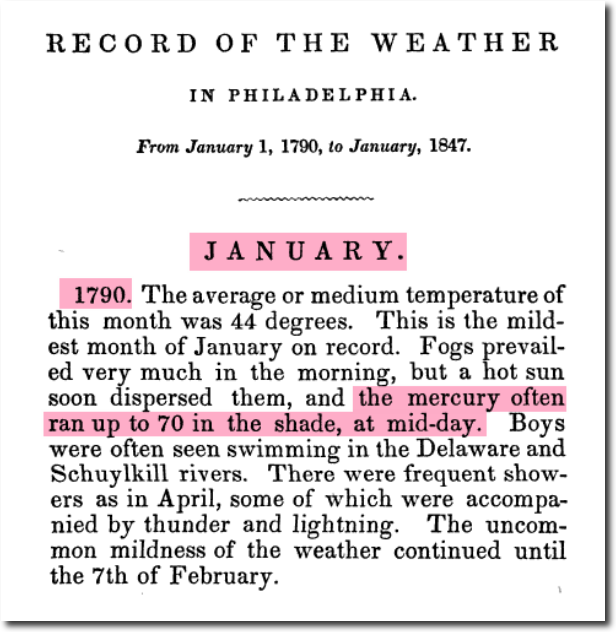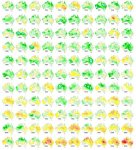- Joined
- Jul 26, 2005
- Messages
- 6,954
- Reaction score
- 1,551
- Gender
- Male
- Political Leaning
- Undisclosed
Sydney Temperatures The Same As 230 Years Ago
[FONT="]Posted on [URL="https://realclimatescience.com/2020/05/sydney-temperatures-the-same-as-220-years-ago/"]May 12, 2020[/URL] by tonyheller
Temperatures in Sydney are about the same as 230 years ago, though summer and autumn temperatures were hotter in the past.
What has increased in Sydney is the Urban Heat Island Effect, at one of the worst sited thermometers in the world.
[/FONT]
[FONT="]
[/FONT]
2019 was the warmest and driest years in Australia continuing a dramatic warming trend. There this is of course not only in the cities but also in the desolate outback.
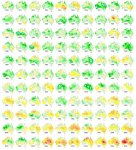
https://www.abc.net.au/news/2020-01...pZ3S6I0rWa-Xgo5NiselzkXSpl0r-_V-XwNU3CS-aIRdc
There you also had the devastating fires in Australia.
Climate change boosted Australia bushfire risk by at least 30%

